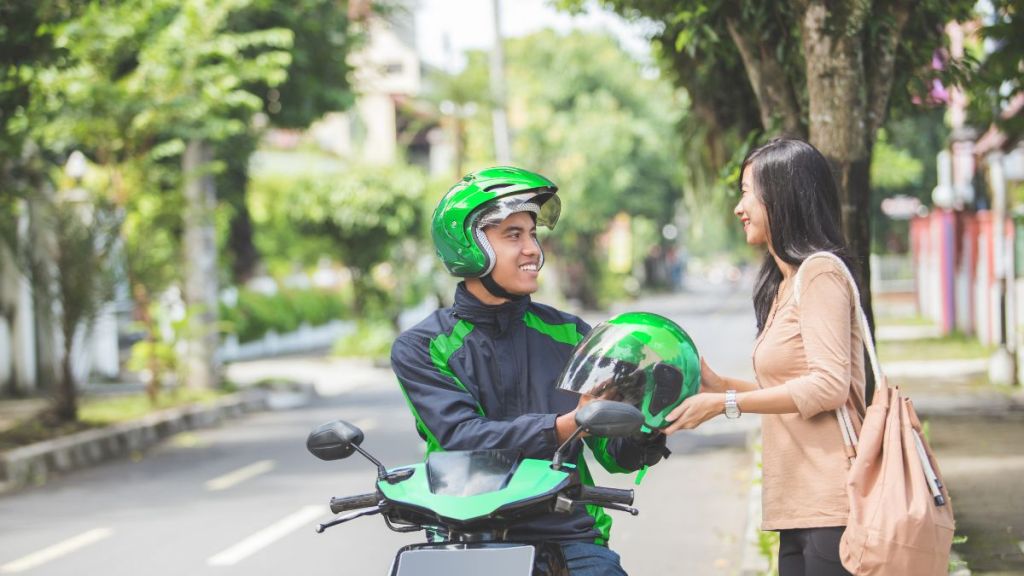A Karnataka High Court ruling to ban bike taxis has triggered a fierce backlash, impacting over six lakh drivers across the state. The move has burdened both riders and commuters, stripping many of affordable transport options. According to the Bike Taxi Welfare Association, Bengaluru, most drivers have been forced to take up low-paying daily-wage jobs to survive.
BringBikeTaxiBack
Netizens demand the reversal of the ban on social media, holding the authorities responsible for this crisis. “BringBikeTaxiBack” is a common factor among all posts. “Stop punishing those who hustle for a living.” posted a user on X.
“This isn’t just inconvenience. It’s injustice in motion”, said another on the Bike Taxi ban in Karnataka. Suggesting a solution, a user asked for accountability from the officials to suspend wrong listings. A concerned user opined, “Bike taxis are the backbone of urban gig economy. Breaking it hurts us all.”
That buzzing engine wasn’t just noise — it was a heartbeat for thousands of homes. Don’t silence it.#NoBikeTaxiNoFood #BringBikeTaxiBack
— Paku (@Paku00022) June 21, 2025
Bike taxis are relatively economical considering the hike in cab prices in Bengaluru-like cities in Karnataka. “Not everyone can afford autos or cabs. Bike taxis were the people’s ride,” remarks a user on X. The dilemma faced by all lawmakers, “If bike taxis are illegal, then food delivery is crippled. Fix the law, not the worker,” was brought up concerned netizens.
Youth unemployment rises. Traffic worsens. Economy suffers. Still no bike taxis. Why? #NoBikeTaxiNoFood BringBikeTaxiBack
— ronak (@ronak_830) June 21, 2025
Users show sympathy towards the six lakh families disrupted by the ban. Many drivers live off their bike taxi income. “Drivers also lost their mobility and the opportunity to earn a living,” pointed out a user on social media.
Karnataka bike taxi ban
As per the Karnataka government, two-wheelers violated vehicle registration rules by using personal registration for commercial purposes, which ideally required a necessary permit. Safety was another concern flagged by the government as it is not the safest form of travel for women commuters.
The Motor Vehicles Act 1988 was under the spotlight ahead of the ban, on the basis of which, it was justified. As per the act, ‘motorcycles’ fall under the definition of ‘contract carriage’ and this allows motor vehicles to carry passengers for hire or reward and is engaged under a contract.
In April 2024, a single judge of the Karnataka High Court ordered Ola, Uber, and Rapido to cease their bike-taxis operations unless the state government framed proper guidelines. The bench gave them time till June 15 to shut down.

